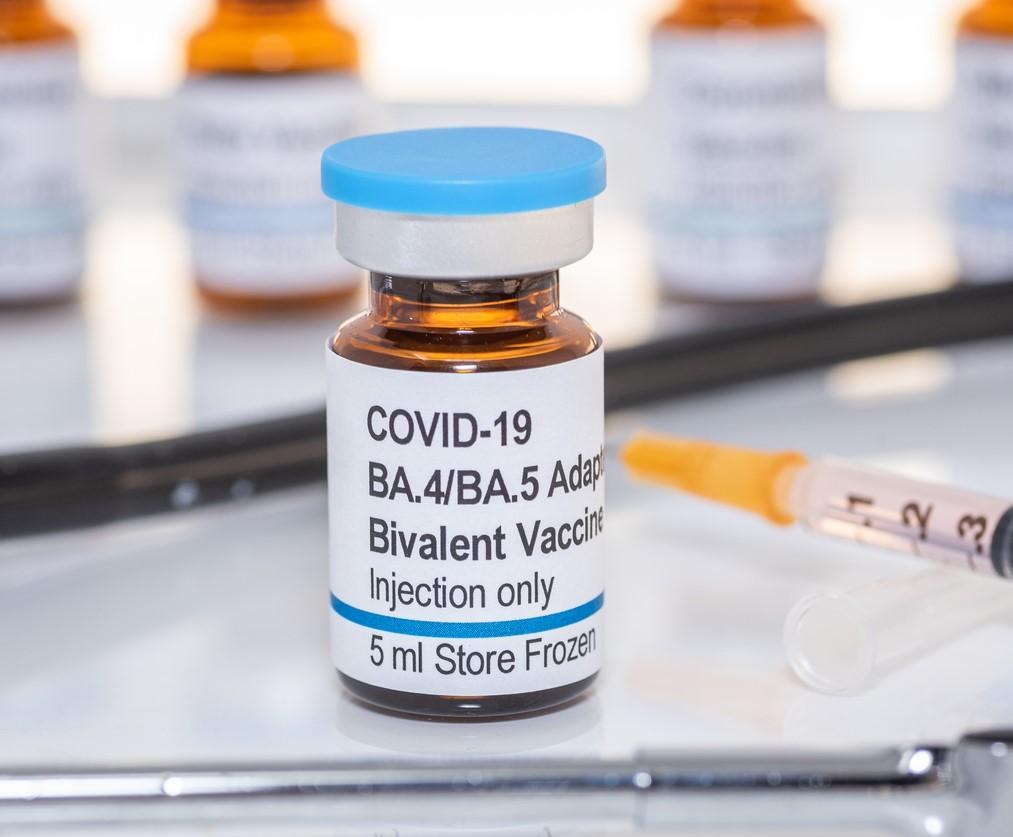
Bivalent (two-strain) boosters offer some restored protection against critical illness and hospital admission for people who had previously received only two doses of the original mRNA COVID-19 vaccines, according to a study yesterday in The Lancet Respiratory Medicine.
The test-negative case-control study was based on data in the Kaiser Permanente Southern California network. The relative vaccine effectiveness (VE) for people who received a Pfizer-BioNTech bivalent booster was compared to those who received two doses of the original mRNA vaccine. All study participants visited clinics for respiratory infections from August 31, 2022, to April 15, 2023, and were tested for SARS-CoV-2 via polymerase chain reaction tests.
50% VE against critical illness
The study included 24,246 COVID-19 cases and 99,173 test-negative controls. Of the COVID-19 cases, 20,555 infections were caused by Omicron BA.4/5, and 3,691 were related to the XBB strain.
Among those who had received a Pfizer BA.4/5 bivalent booster, relative VE was an additional 50% (95% confidence interval, 23% to 68%) against critical illness, an additional 39% against hospital admission, an additional 35% against emergency department or urgent care visits, and an additional 28% against outpatient encounters.
Though protection against any infection waned from the bivalent booster from 0 to 3 months, then again from 4 to 7 months, the enhanced protection against critical illness, hospital admission, and emergency department or urgent care outcomes remained.
"This important and timely vaccine effectiveness study is a crucial pillar in supporting evidence-based policy making with respect to future vaccination programmes," two Israeli experts wrote in a commentary on the study.
.jpg)













